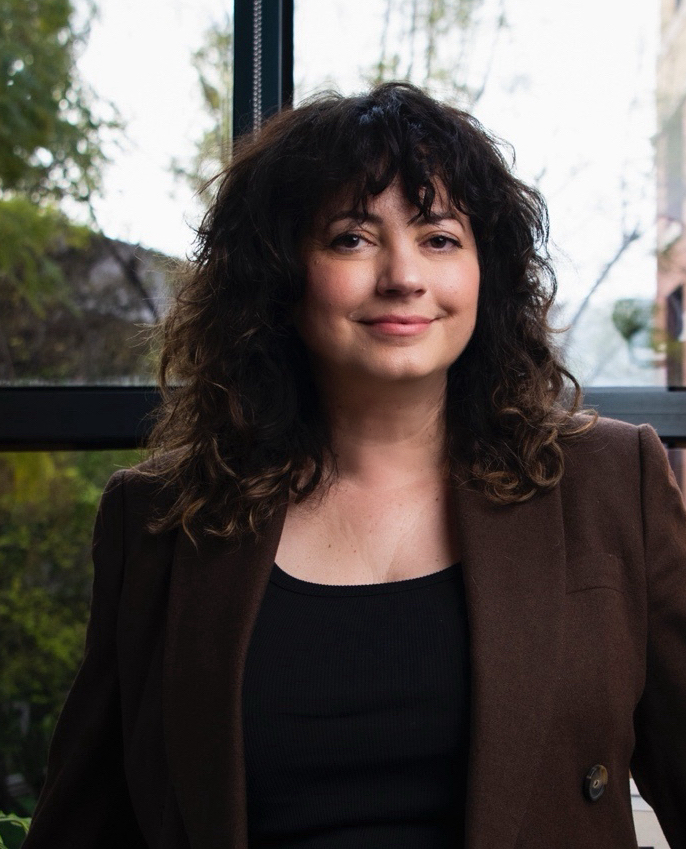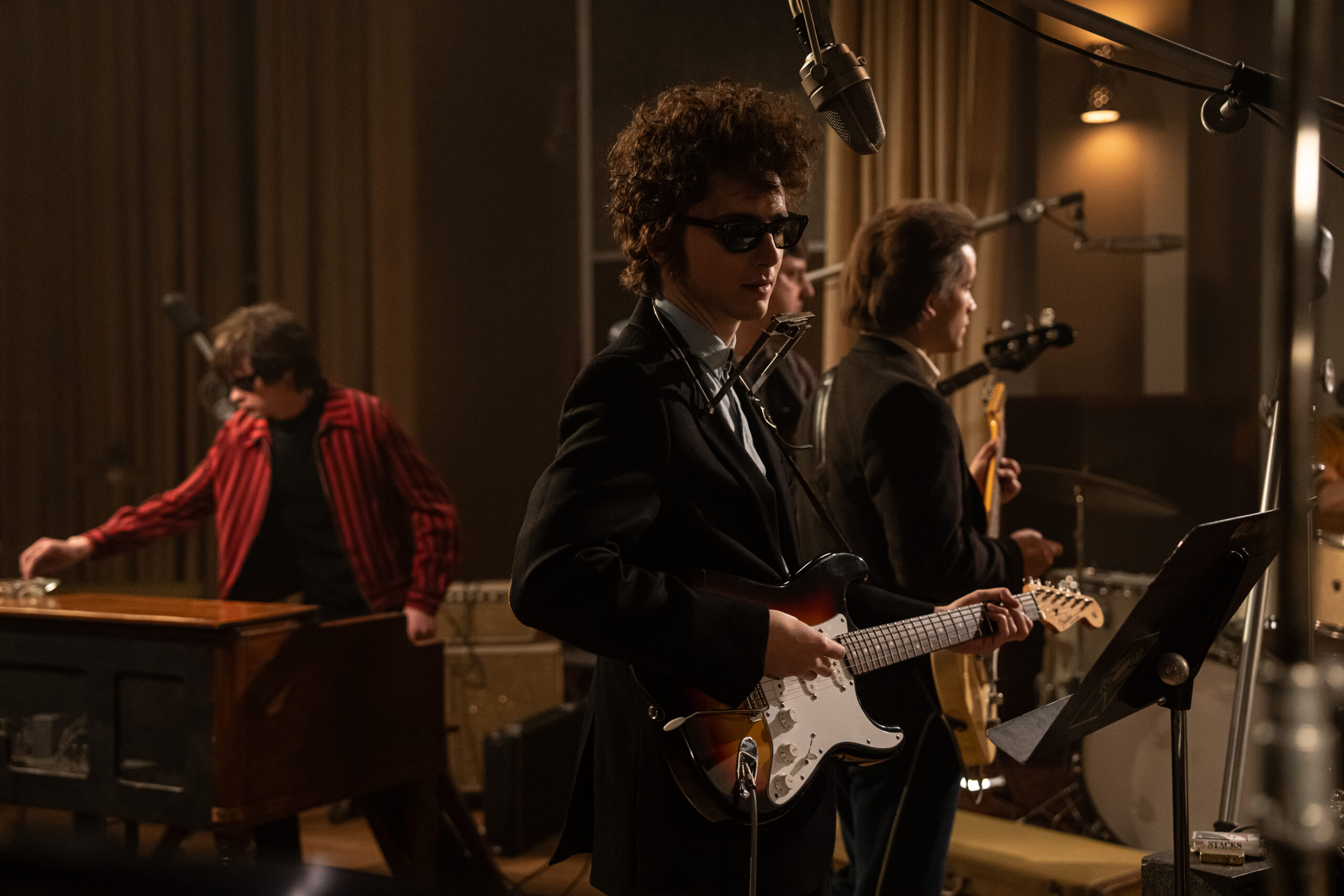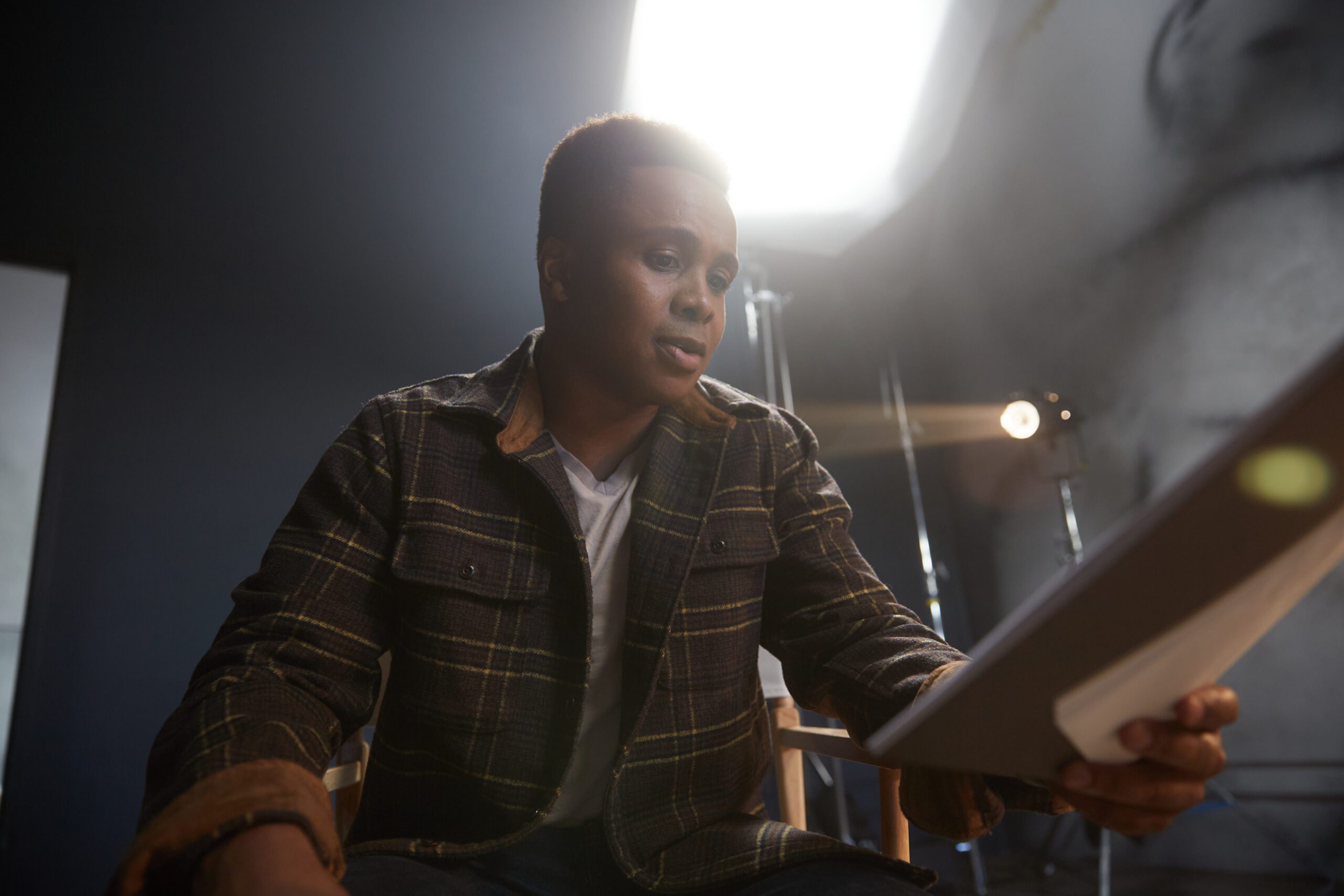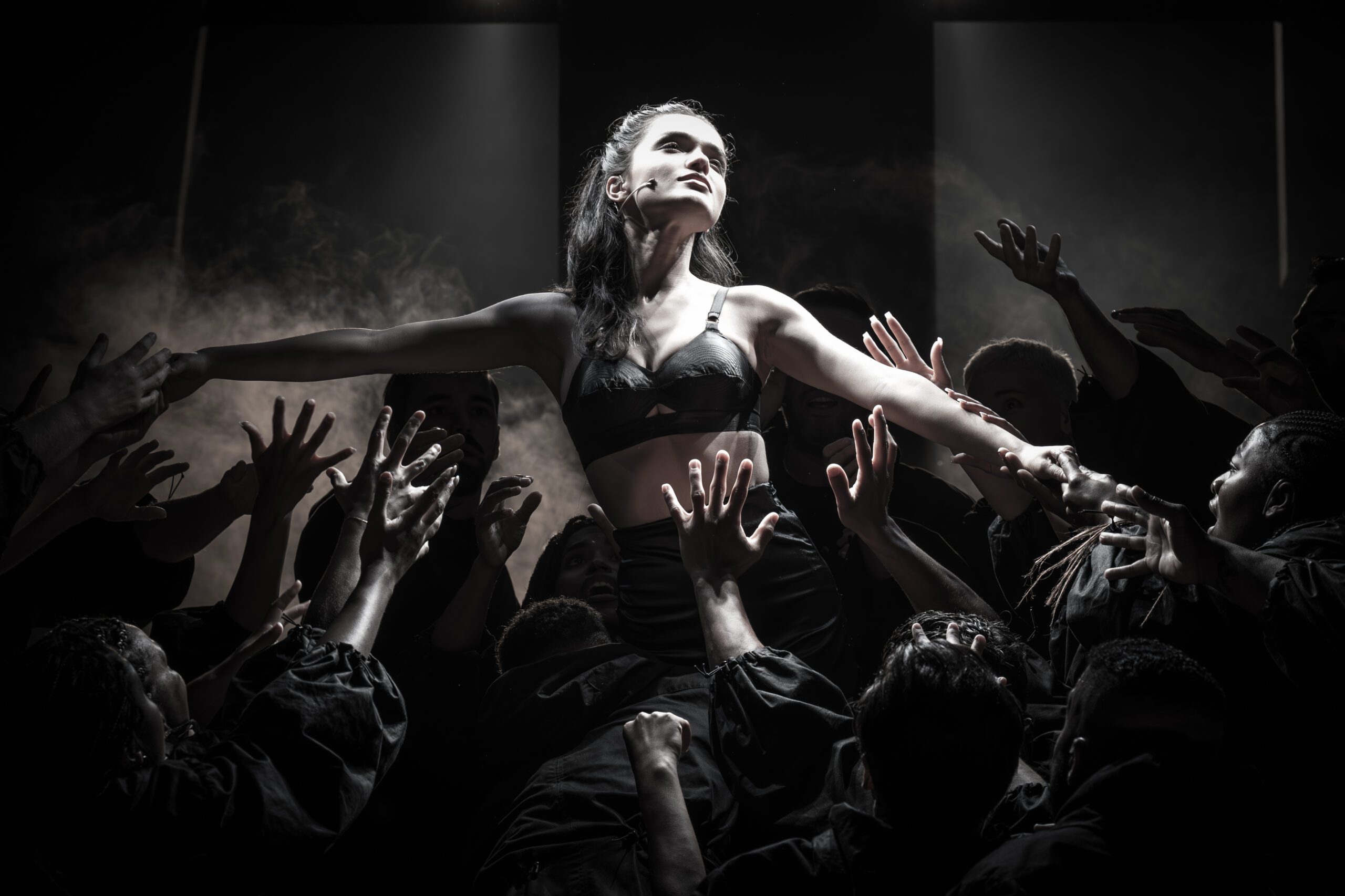The Head of Casting for Searchlight Pictures shares her unique insight on the Bob Dylan biopic ‘A Complete Unknown’ as well as her casting process.
Yesi Ramirez may arguably be best known for casting 2016’s Oscar and BIFA-winning Moonlight, a film that won her an Artios Award and also saw two of its cast members – Mahershala Ali and Naomie Harris – win Oscars for their stunning performances.
Now, as Head of Casting for Searchlight Pictures, Yesi has received recognition for her craft in the form of BAFTA and Artios Award nominations for her work casting the Bob Dylan biopic A Complete Unknown. The film sees three of its cast – Timothée Chalamet (‘Bob Dylan’), Edward Norton (‘Pete Seegar’) and Monica Barbaro (‘Joan Baez’) – receive acting nominations.
We sat down with Yesi for a video chat to find out more about her process for casting the film and how she feels when she, and the cast she helped bring on board, get award recognition.
Hi, Yesi! Congratulations on the BAFTA and Artios award nominations for A Complete Unknown. How does it feel?
Thank you. It’s an honour, really. It’s very exciting that BAFTA is recognising casting directors and has been for a few years.
How did you first get involved in casting A Complete Unknown?
Well, I’m the Head of Casting for Searchlight, so I oversee all the projects that come out of Searchlight. We often hire independent casting directors to cast the movies, and then I’ll oversee the process, but on occasion, I’ll cast movies in-house as well.
This one was one that we were originally going to hire a casting director for, and then Covid happened. I started reading people for the roles of ‘Sylvie’ and ‘Joan Baez’ just to get going on it. And then, in having conversations with Jim [filmmaker James Mangold] and internally, it felt like maybe I should just start casting it since we didn’t know what was happening during Covid and when we were going to come back [to the office].
I kept auditioning actors and eventually Jim’s like, “Why don’t you just cast this in-house?” So that’s how I came about working on it. We were on it for five years, so it would’ve been challenging if we had a casting director on for that extended period of time.
Can you tell us about the audition process for A Complete Unknown?
When I started initially, I was having in-person sessions for ‘Sylvie Russo’ and ‘Joan Baez’ with any actresses that were in town. Then, when we were sent home with Covid, it just became self-tapes. Eventually Zoom became a thing, but it was mostly self-tapes.
I would have a call with actresses if there was something I felt like they needed to do differently, essentially a call back. It would’ve been easier in the room, giving notes to adjust. I would send links to Jim and the team, and we would talk about who we thought was a better fit or who needed to tape. So that became the process – it was very much all on email and phone conversations. We started having sessions in-person again, once we were all able to be back in the offices, right before the strikes.
I wasn’t involved in the casting of Timothée [Chalamet]. Timothée came through Jim and the producers, and was attached early on to the process – probably six years or so before.
How involved was the real Bob Dylan in the film and did he have any say in the casting?
I think Jim was the one [who] was having conversations with Bob. Not in terms of any of the cast, that I am aware of anyway – that was more between Jim, myself and the producers.
Are there any challenges that come with casting roles based on real people?
It is really challenging, because you want to honour who the person was, and obviously a lot of these characters are very well-known and very dear to people and have audiences. So it is a responsibility that weighs heavy on me.
But my ultimate goal is always to find the best actor for the role, and that has the essence of the character. Sometimes we get lucky and that person happens to also look like the actual person, or has a resemblance of the actual person. But we weren’t concerned about mimicking exactly everyone’s facial features and all of that. It was more about who has the essence of the character and who can be believable as this person.
Also a lot of them are musicians, so can they hum? Do they have a tune? Can they sing a little bit? A lot of them practise and learn throughout the process, but they had to have some sort of ear to be able to sing and/or play guitar, piano, organ or any of those instruments.
Cast members Timothée Chalamet (Bob Dylan), Edward Norton (Pete Seegar) and Monica Barbaro (Joan Baez) have all been nominated for their superb performances in A Complete Unknown. How does it make you feel knowing that you were part of the process in getting them involved in the project?
It’s awesome. I love [it] when my cast gets nominated for awards. It speaks to the actor, obviously, and how great they are at their craft. But it’s almost like you cast these babies and you’re putting them out into the world and you’re hoping that they take off. So when they take off and they get accolades for how talented they are, it’s really satisfying.
We haven’t always seen that in casting. So to be nominated for a BAFTA and to be acknowledged, it definitely feels amazing. But I feel proud, like a proud parent, that they’re off and getting accolades for their work.
How did you first get into casting?
I’m from Miami originally, and I had moved out to LA to go to law school to be a juvenile public defender. My father became ill in my third year of law school. I went back to Florida to be with him, and when I came back I couldn’t focus on constitutional law or anything. So I had been interning at an agency just for the experience, and I ended up getting a job there, and eventually a job at Universal Studios, but doing legal stuff like contracts and agreements and such.
The Head of Casting oversaw this division. It was a casting administration job, and she was leaving the company, and I would always pick her brain about what she was doing because it seemed so much more exciting than what I was doing. So I ended up leaving with her. I left my 401k, my office and my golf cart to be an assistant and start from the bottom and work my way up again.
I’m not an actress. This wasn’t a career that I ever thought would be possible when I was growing up. It was either a lawyer, a doctor or a vet. I’ve always loved movies, and it was my favourite pastime with my dad to watch movies. That’s how he learned to speak English – us watching movies together. So I feel like he put it in my path because I always loved it but didn’t think it was a career for me.

Headshot credit: Searchlight Pictures
What’s your process for casting a new project?
First, I read the script and start thinking about these characters, start living with them and seeing how they all fit together, because especially in a project like A Complete Unknown, it’s such an ensemble that you have to see how all of the pieces fit together and how they all play off of each other. What makes them different from one another is really important, too. I start putting ideas together and start living in that world.
If they’re based on real people, I do a lot of research to see what they looked like [and] what did they feel like? What were their personalities, especially if they’re not currently alive. I’m really great at research so I start to put the pieces together and then I start auditioning actors. If it’s auditions or if we’re attaching talent, I have conversations with the filmmaker and the studio and see who are the best actors for the role and start narrowing things down and making sure people are available.
A lot of times [we’ll] have sessions, or chemistry reads if it calls for that and call-backs and conversations with agents like, “Who’s available? Who do you think is interested in this?” Or if they need to be a musician, “Can they sing? Do you have materials you can send us, or [do you] play a specific instrument?”
And sometimes meetings with actors as well, to get to know them and get a feel for who they are and what they can bring to the character. A lot of times we have to pull materials and sell the talent, whether it’s to the filmmaker or internally to us through the studio. We have to pitch them along with either their audition or their previous work.
Once we get approvals, and we’re ready to get going on the cast, making offers. I make sure everyone knows when deals are closed so they can start moving them [actors] onto fittings and meetings with the director. My favourite part though is when the director’s like, “Can I call them and tell them it’s theirs?” And the excitement that that actor feels. It’s great, satisfying, especially if you worked with them to get them to that place. Oftentimes an actor will put themselves on tape or they’ll come in and audition and they might not be exactly the thing that we’re looking for, but having that conversation, giving them notes on what they should do to retape to get them over the finish line and then they end up booking, that’s the most satisfying.
How do you go about finding new talent?
I do a lot of research. I’m always looking online. If I have to do a list for a role, I’m always Googling new actors. Just this morning I was doing a list for Latin American actors and I was Googling Latin American actors and [finding out] who are the names out there, or out of the box. Who are the pop musicians that are doing well and have they ever acted?
I look at reels, at clips, and then also have generals. Agents will reach out and say, “This client’s in town, would you sit down with them?”
I do Sundance. I try to watch Sundance movies online, [or] any of the festivals [and] being exposed to talent from all over the world. I like reading the trades. Keeping track of all of that is a lot of work.
What are some audition dos and don’ts that you can share with performers?
It’s been a while since I’ve been in the room, but I think a mistake that some actors make is that they don’t make the character their own. And they try to fit a square peg in a round hole. While you’re acting, and you’re pretending to be this character, there’s always an element of who you are in the character. Finding your way to the character to make it your own, I think is really important, and often can be forgotten. People want to be something that they’re not as the character and I think it’s obvious sometimes when I’m watching an audition that they’re trying so hard.
This has come up more in this world of Zooms and people taping themselves – they’re very aware. When someone joins a Zoom call and they’re looking at themselves while they’re talking to you, it’s so obvious to me. I don’t know if it’s because I’m looking at it from a casting director’s perspective, but it’s distracting and it makes me feel like the person is not living in the moment with the character. They’re focusing on their physical appearance instead of their inner self and what they’re conveying.
How would you suggest that they go about making the character their own?
I think a way to live in the character is going to be different for each actor [and] to find what it is about this character that they connect with. Even if it’s the most horrible, cruel character, there’s always a way. Find the humanity in that person and connect with them. We have to find the humanity in the character and how you would live in their shoes. It takes a little empathy too.
What’s been your favourite project to work on so far, and why?
Is it terrible that it’s A Complete Unknown? No, honestly, this is a dream project. Moonlight was my favourite project as an independent casting director and A Complete Unknown has been my favourite project that I’ve been fortunate enough to work on at the studio. That doesn’t diminish all the other projects that I’ve worked on.
I have favourite moments about everything, but I’m a huge Bob Dylan fan. I’m a huge fan of the ’60s and ’70s and a big fan of Jim’s. To be able to work on a project of this calibre and at the studio is really a dream come true for me.
Since you’ve already done the dream project, what’s the next dream project for you?
Any. I love characters. I love storytelling. I love working with my Searchlight team. I love working with new filmmakers, whether it’s filmmakers that are just coming on the scene, or filmmakers, like Jim, [who] have been around and worked on amazing projects.
My favourite part of my job is having creative conversations with filmmakers and with executives. So it’s not necessarily a dream project, but my dream would be to continue being able to have those creative conversations with filmmakers and with our execs.
Thanks to Yesi for taking the time to talk to us.
You can watch A Complete Unknown in cinemas now.



















